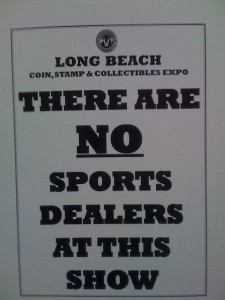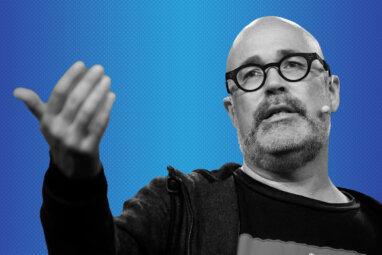Questions for a TED attendee (#TED)
(See all of MIT Sloan Management Review’s coverage of TED.) The last session of the day, the awarding of the TED Prize, has ended. I’ll post an overview of the long day’s sessions tomorrow morning. For now, a few people have written me today, so I’ll answer their questions and try to give a sense of what it’s like being at the event.
(See all of MIT Sloan Management Review’s coverage of TED.)
The last session of the day, the awarding of the TED Prize, has ended. I’ll post an overview of the long day’s sessions tomorrow morning. For now, a few people have written me today, so I’ll answer their questions and try to give a sense of what it’s like being at the event.
What’s the new venue like?
This note came from someone who attended a few TEDs when it was held at the smaller Monterey Convention Center. It’s much more spread out. At Monterey, where TED was held since the mid-’80s, it felt like most of the attendees stayed at two hotels, both of which were connected to the Convention Center.
One of the benefits of moving to Long Beach is that everyone can be in the same room now. The auditorium in Monterey had seats for only 400 or so, which meant that most of the attendees relaxed in simulcast rooms with plush chairs and big screens. The networking made it worthwhile to go anyway, but the idea of spending thousands of dollars to plop down in front of a big TV screen is a bit nuts. For an event that’s supposed to be about guiding a community, it helps to have the community all together.
I wrote earlier that the more spread-out environment makes it feel like TED has taken over the city. It hasn’t, though. Right next door to where TED is held you can attend a very different event.

For the record, there are no sports dealers at TED either, to my knowledge.
Is all this save-the-world stuff for real?
I got this note right after the TED Prize simulcast ended — those awards are the apotheosis of TED’s do-goodism. There are plenty of things a reasonable person could argue against TED — the inevitable elitism that comes with the high entry fee and the occasional self-congratulatory tone come to mind — but by adopting a web-centric “ideas worth spreading” meme, TED curator Chris Anderson and his team have worked hard to make the ideas expressed at TED as available as possible. Most TED talks are available for free on the TED website. An official blog and Twitter feed is following the events of the conference in near-real-time, as are dozens or so unvetted ones.




